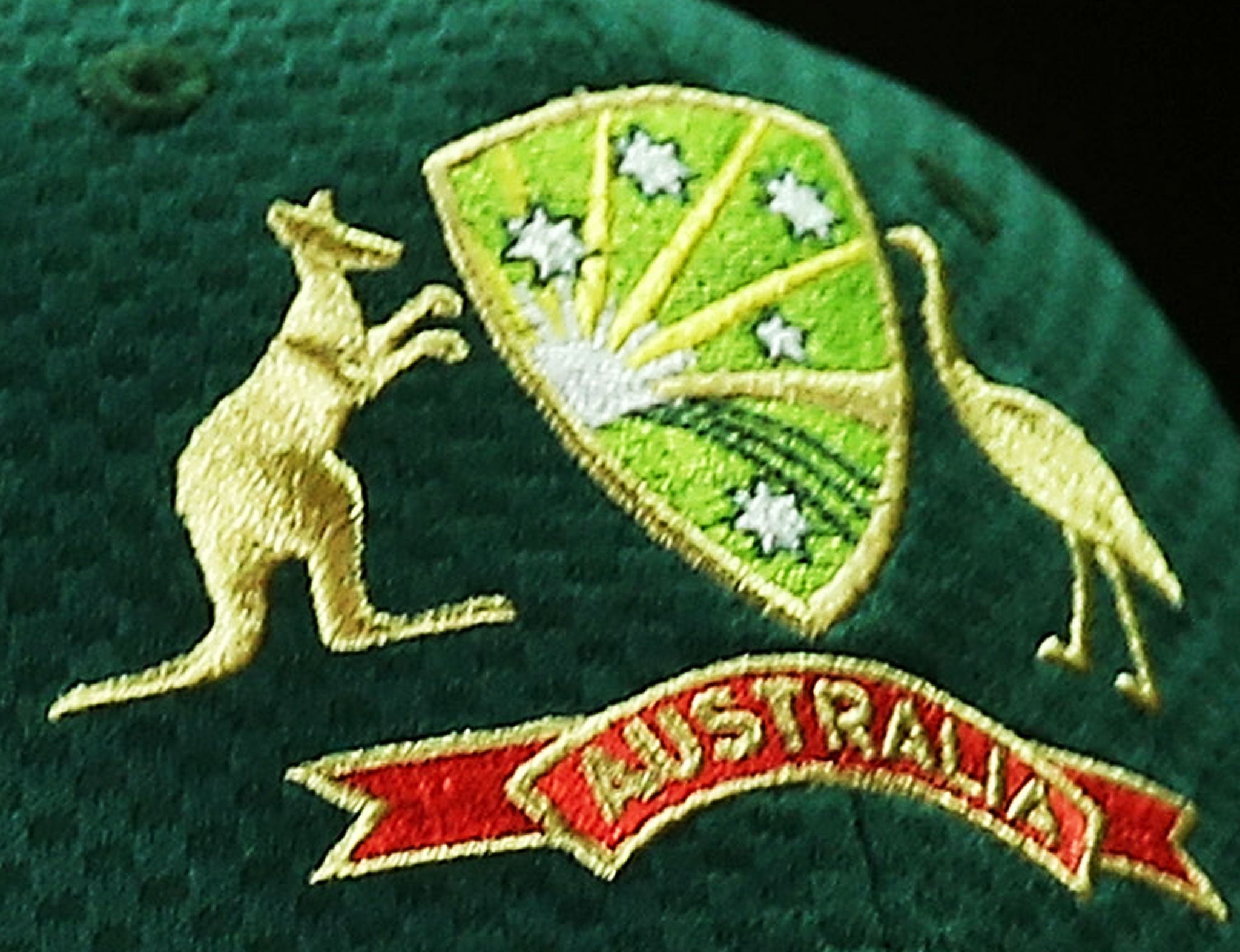Australian sport is rocked to its core by revelations of performance enhancing drugs, match fixing and organised crime
Findings of 12-month investigation into the link between drugs and professional sport revealed

Professional sport in Australia is set to be rocked to its core after an Australian Crime Commission (ACC) investigation uncovered widespread use of performance enhancing drugs in Australian sport as well as links to match fixing and organised crime.
A federal government press conference today revealed that the ACC has conducted a 12-month investigation into the link between drugs and professional sport entitled 'Organised Crime and Drugs in Sport'.
"There are clear parallels between what has been discovered in Australia and the USADA investigation into Lance Armstrong, which underlines the transnational threat posed by doping to professional sport, both from a 'fair play' perspective and as a broader integrity issue," said the report.
"The ACC has demonstrated through this project that the threat posed by the PIEDs (performance and image enhancing drugs) market and related criminal activities to the integrity of sport in Australia, and organised crime attempts to infiltrate the professional sports sector in this country, exhibits many of the characteristics identified in the USADA investigation of Armstrong's activities in the mid-1990s to mid-2000s.
"The difference is that the Australian threat is current, crosses sporting codes and is evolving."
Legal constraints prevent the identification of any particular code, particular teams or particular athletes, but Minister for Justice Jason Clare emphasised that no code was immune.
The heads of the major sporting bodies were at the announcement of the report with Cricket Australia CEO James Sutherland, AFL CEO Andrew Demetriou, ARU CEO Bill Pulver and NRL CEO David Smith all voicing their shock at the outcomes of the report.
"These are serious matters that require immediate action and the development of a longer term plan," a statement from COMPPS, which represents all the major sporting bodies, said.
"The integrity of sport as a whole, and our specific codes, is paramount. We have commenced taking action and will work closely with the government on a longer term plan."
As a result of the magnitude of the inquiry, the federal government has doubled ASADA's (Australian Sports Anti-Doping Authority) resources to tackle this issue.
Sports scientists are set to be at the centre of the ASADA investigations, while the ACC has confirmed that criminal offences have been disclosed by players during the course of their investigation.
"The ACC has identified specific high-performance staff, sports scientists and coaches within some codes who have condoned and/or orchestrated the administration of prohibited substances, and substances not yet approved for human consumption, to players," said the report.
"In some cases, peptides and other substances were administered to players without them understanding the nature of the substances, and without the knowledge of the team doctor or club medical staff."
Any athlete found to have breached World Anti-Doping Agency protocols faces a minimum two-year ban from professional sport.
The involvement of organised crime has also raised the spectre of match fixing with the government and all sporting codes moving to beef up integrity measures.
"The ACC has identified an increasing number of associations of concern between professional athletes and organised criminal identities in Australia," added the report.
"The ACC's 2011 assessment of Threats to the Integrity of Professional Sport in Australia, noted that as the amount of money wagered on sports increases, associations with athletes or other individuals with the ability to influence a sporting contest, or provide inside information, will be increasingly sought after."
Join our commenting forum
Join thought-provoking conversations, follow other Independent readers and see their replies
Comments
Bookmark popover
Removed from bookmarks